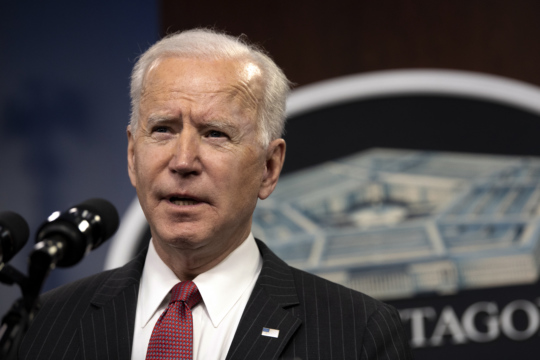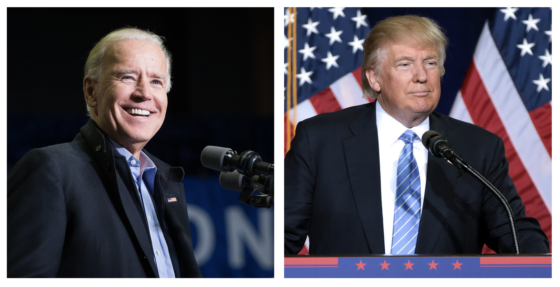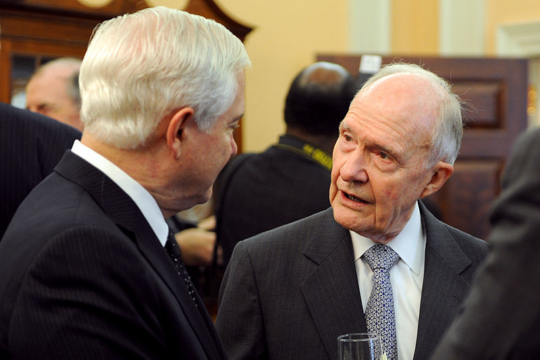
What Issues Are Driving Uruguay’s Upcoming Election?
A Latin America Advisor Q&A featuring experts’ views on elections in Uruguay.
United States | Senior Fellow, Inter-American Dialogue
Former President, Inter-American Dialogue
This post is also available in: Spanish Portuguese (Brazil)
Michael Shifter is former president of the Inter-American Dialogue, a leading policy forum on Western Hemisphere affairs based in Washington, DC. Shifter held senior positions at the Dialogue for nearly three decades, including a dozen, until April 2022, as president. He currently serves as senior fellow at the organization.
Shifter writes and comments regularly on US-Latin American relations and hemispheric issues. His articles have been published widely, including in The New York Times, Foreign Affairs, Foreign Policy, Financial Times, Current History, Americas Quarterly, The Washington Post, The Los Angeles Times, Miami Herald, Journal of Democracy, Politico, and Harvard International Review, as well as in leading newspapers and journals in Europe, Latin America and the Caribbean. He is often interviewed by US, Latin American, European and Chinese media, and appears frequently on CNN and BBC. Shifter has lectured on an array of topics concerning the Americas at prominent global affairs centers and universities in the United States, Latin America and Europe and has testified many times before the US Congress on US policy towards Latin America and the Caribbean.
Prior to joining the Dialogue, Shifter directed the Latin American and Caribbean program at the National Endowment for Democracy and, before that, the Ford Foundation’s governance and human rights program in the Andean region and Southern Cone, where he was based, first, in Lima, Peru and then in Santiago, Chile. In the 1980s, he was representative in Brazil with the Inter-American Foundation, and also worked at the Woodrow Wilson Center’s Latin American Program.
Since 1993, Shifter has been an adjunct professor at Georgetown University’s School of Foreign Service, where he teaches Latin American politics. He is a member of the Council on Foreign Relations and the Latin American Studies Association and is a contributing editor of Current History. He is currently a board member of InSight Crime and serves on the Advisory Committee of Human Rights Watch/Americas Division. He was previously on the board of the Washington Office on Latin America and the Social Science Foundation of the Graduate School of International Relations at the University of Denver.
Shifter graduated Phi Beta Kappa and Summa Cum Laude from Oberlin College and holds a MA in sociology from Harvard University, where he taught Latin American development and politics for four years. He has been awarded decorations by the Colombian, Spanish and Peruvian governments.
A Latin America Advisor Q&A featuring experts’ views on elections in Uruguay.
A Latin America Advisor Q&A featuring experts’ views on Maduro’s declared victory in Venezuela.
A Latin America Advisor Q&A featuring experts’ views on presidential elections in Venezuela.
Given the huge demands on Washington – domestic and international – and today’s ravaged, fragmented, and leaderless region, this is probably not the right time for bold, ambitious initiatives. But the Biden administration should move quickly to renew partnerships with select countries, emphasizing recovery from Covid-19 and restoring economic and political stability.
The country is perhaps more profoundly and bitterly polarized than ever, with a high level of mutual distrust. Trumpism proved not to be a fleeting phenomenon, but a movement that is likely to persist and be part of the US political landscape for some time.
Brent Scowcroft was truly one of the giants of the US foreign policy establishment. We admire his wisdom, prowess as a strategist, and humility as a person. Like few others, he understood the importance of building and sustaining US alliances and respectful relations. At the Dialogue, we are inspired by Scowcroft’s rich legacy.
It’s hard to read Ortega’s mind. Perhaps he acted now because the costs of keeping these prisoners, with the chance that more would die, outweighed the benefits.
The fact is, there’s enormous polarization, distrust of institutions and just anger, anger because there’s been very little progress made [in Latin America].




